Primary School in Pozuelo de Alarcón
Welcome to Liceo Sorolla Elementary School, a place where every child counts and every day becomes a new opportunity to grow, learn and reach their full potential!

Our
methodology
Our elementary school in Pozuelo de Alarcón is designed to foster curiosity, creativity and a love of knowledge. With an educational approach based on ethical values, we seek to provide our students with an integral and balanced education.
Our goal is for our students to feel valued and supported in their personal development, providing them with the necessary tools to establish positive relationships, resolve conflicts constructively and contribute to a collaborative environment.
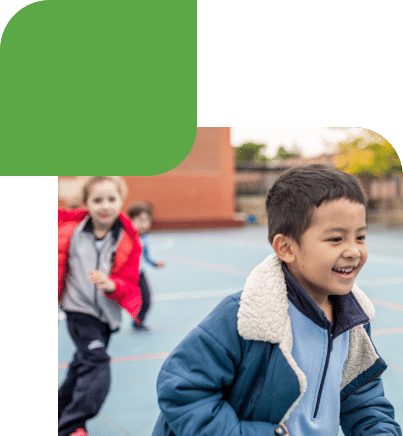
Thematic classrooms
Primary school is quite exciting at Liceo Sorolla. At this stage, we introduce thematic classrooms, promoting contextualized learning and specialization. Teachers have their own classroom and students switch every two hours. Thus, teachers can personalize their classrooms´ decor, design long term projects, and develop their own class culture.
Neuroscience
We introduce neuro-didactic techniques to improve the students´ learning process. We developed our own neuroscience program in collaboration with the Complutense University of Madrid (UCM) increasing attention levels by 35%, concentration levels by 33% and executive functions by 22%. The HERA project (hydration + equilibrium + breathing + attention) warms up the brain for learning with 3-minute exercises at the beginning of each class.
Project based learning
In primary school we dive deeper into PBL. Projects usually last two weeks and we combine content from different subjects. This methodology helps us develop research skills, critical thinking, social skills, and teamwork
Skill assessment
In primary school we introduce an assessment method to foster and develop both skills and attitudes. These skills will always be accompanied by rubrics known by the students that will help them in their learning process. In addition, students must carry a self-assessment in which they describe their effort, progress, and abilities.
Active methodologies
In science, we work with Entusiasmat, a pedagogical program for children ages between 3 and 12 based on multiple intelligences. It allows working on mathematics in a contextualized way, adapted to the reality of each student. The goal is for them to analyze and solve mathematical situations in a particular and practical contexts.
Programming & robotics
From Primary 5th we introduce electronic devices to work. Tablets will never be the center of our teaching model, but they useful tools. We use them for research, collaborative work in the cloud and project development. Up to 5th grade, the use of screens in the school is very limited. We start our robotics and computational thinking project learning Scratch, Arduino, Lego Robotics and Minecraft.
Liceo Sorolla Admissions
Would you like to join the Liceo Sorolla family?
Fill in our admissions form.
Our facilities
At Liceo Sorolla School, we care about offering our pupils the best facilities.
For this reason, we have specially designed spaces for the little ones, where they feel comfortable and safe.

Our teaching team
We have a group of teachers specialized in different areas, who are dedicated to provide a quality education and to promote the integral growth of each student.
Extracurricular activities
in primary education
Our extracurricular activities are an integral part of the educational experience at our elementary school, offering students opportunities to grow, learn and enjoy new experiences beyond the classroom.

Master Chef
Healthy lifestyle habits applied to the nutrition function.
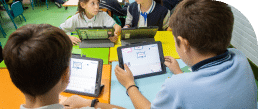
3D Programming
Promotes logical and critical thinking, teamwork.
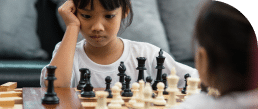
Chess
Encourage creative and divergent thinking through play.

Nature
Integral and harmonious development through environmental education.
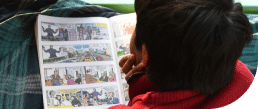
Comic
Development of imagination and sense of humor by creating a comic book.

Cinematic Arts
Escribe, dirige, interpreta y edita tu propia película.
